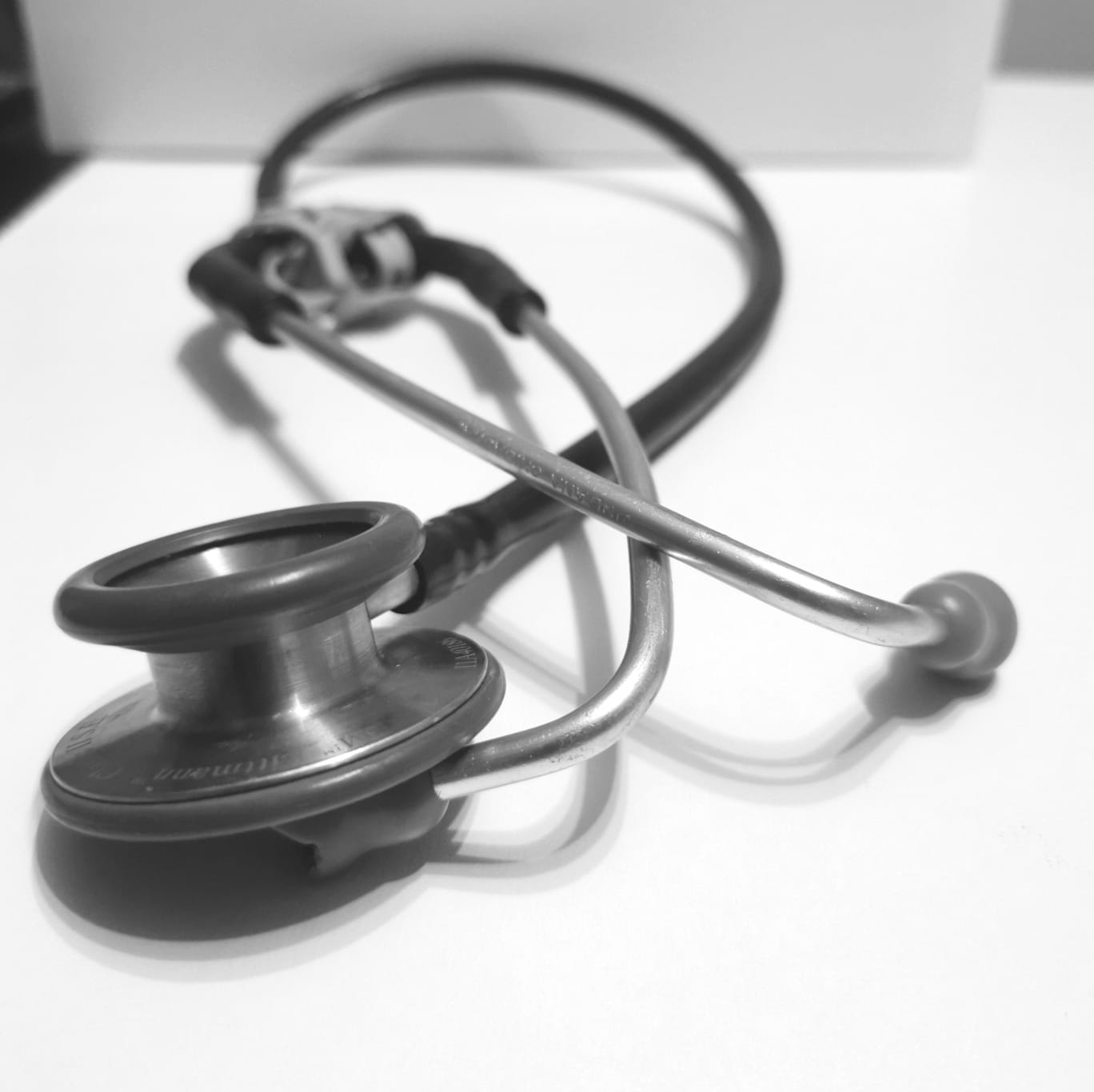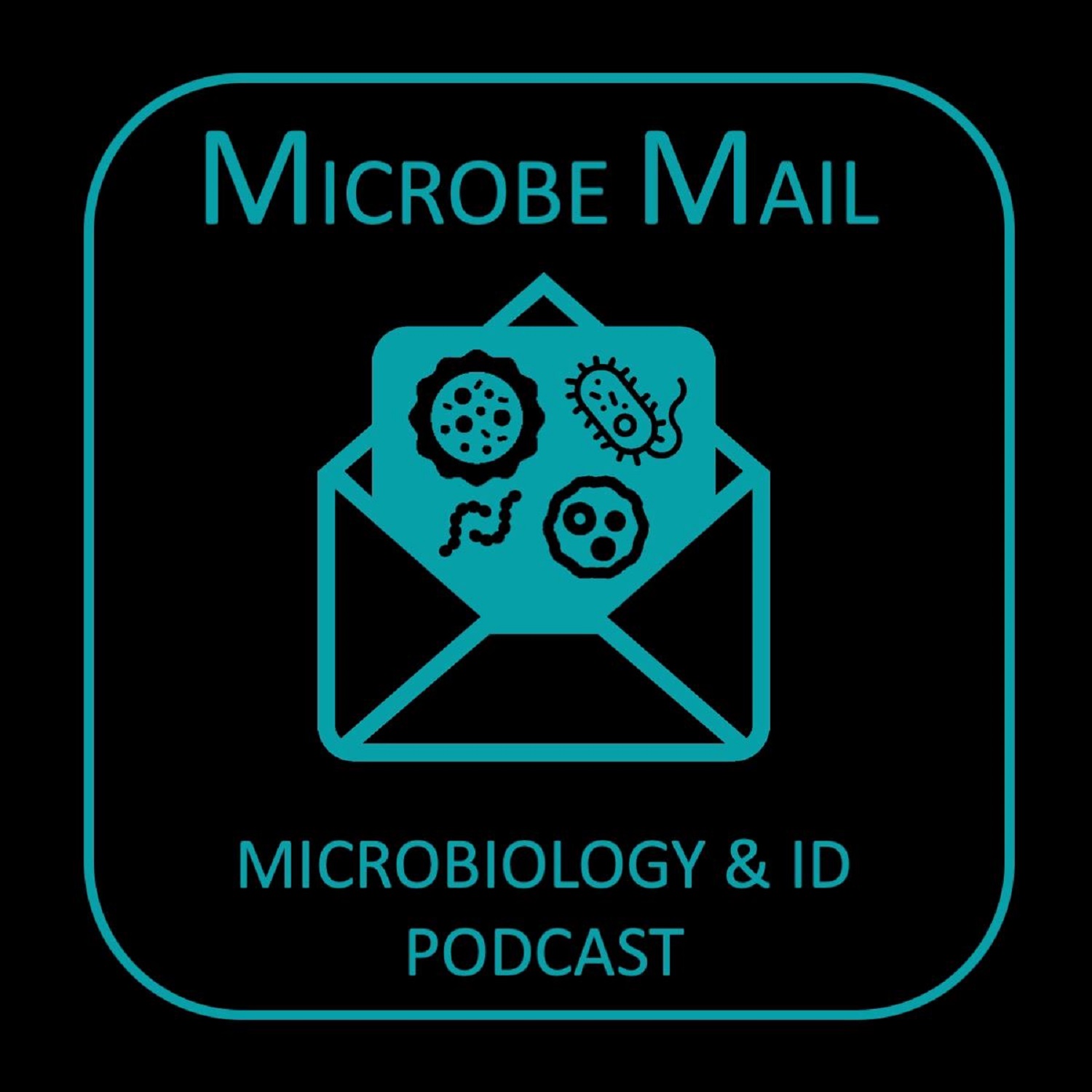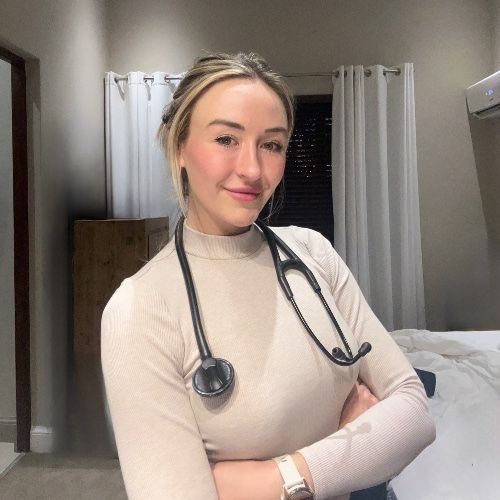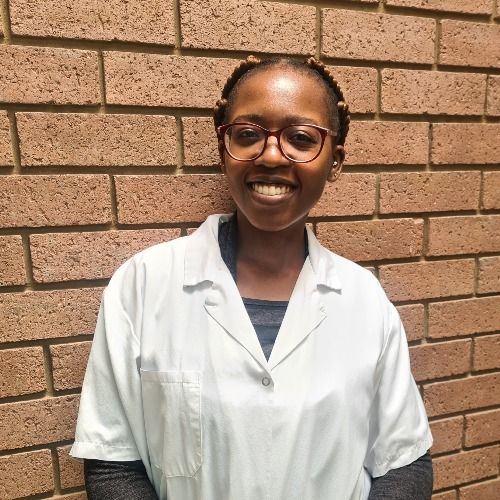Rapid Molecular DIagnostic tests - do's and dont's
Rapid molecular tests may assist in management of patients and assist in the fight against antimicrobial resistance, but they can be overused or misused. In order to optimise the test, there are a few do's and dont's when considering introducing these tests or requesting these tests.
About our Guest:
Dr Mohamed Said is a Clinical Microbiologist based at the
National Health Laboratory Services Tshwane Academic Laboratory in Pretoria,
South Africa. He is also a senior consultant at the Department of Medical
Microbiology at the University of Pretoria since 2016. He did his undergraduate
training at the University of Witwatersrand in Johannesburg, South Africa and
completed specialist training at the University of Pretoria.
He is actively involved in training of specialists in the field
of Medical Microbiology and also supervises Science students. He serves on
numerous committees within the National Health Laboratory Services as well as
the Pharmacy and therapeutics committee of the Steve Biko Academic Hospital in
Pretoria. He has published in peer reviewed journals in the fields of rapid
molecular diagnostics, Group B Streptococcus disease and infection prevention
and control. Dr Said has also presented his work at numerous national and
international conferences in the forms of posters and oral presentations.
Currently he is pursuing a PHD in the field of neonatal sepsis due to Group B
Streptococcus.
Visit the Microbe Mail website to sign up for updates
E-mail: mail.microbe@gmail.com
YouTube: Microbe Mail
Instagram: Microbe_Mail
Pinterest: @mailmicrobe










